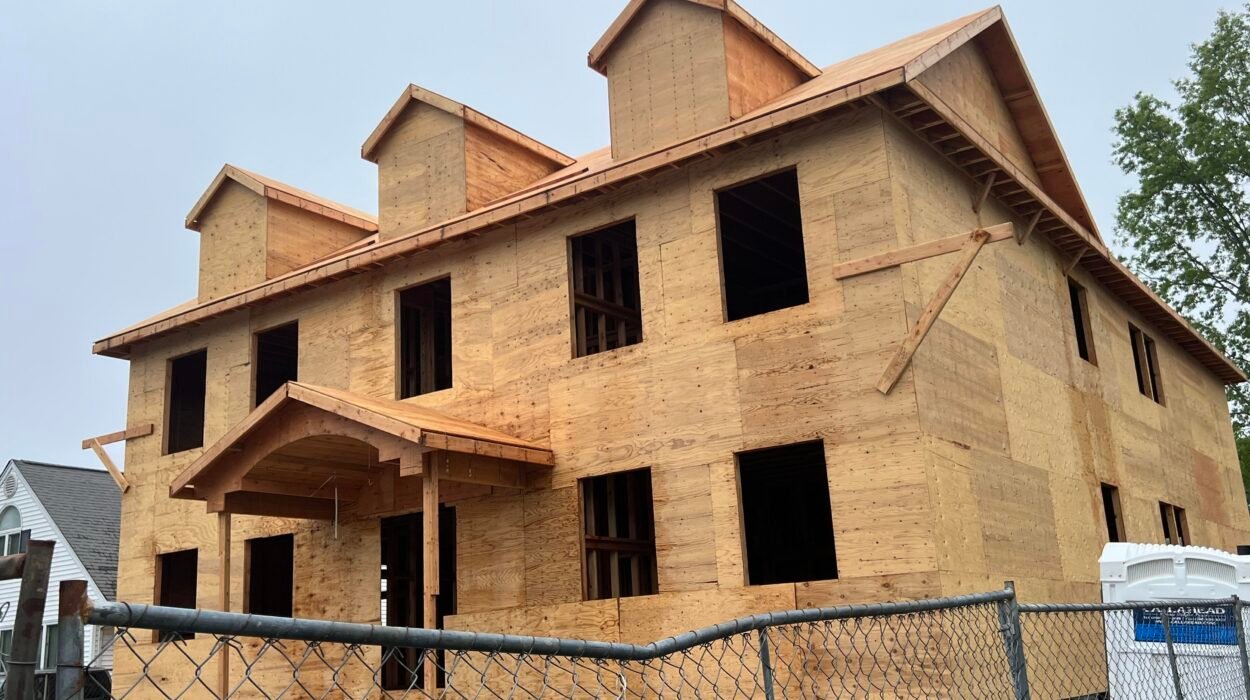If you’re not leveraging your Google Business Profile (formerly Google My Business), you’re leaving a massive opportunity on the table. For real estate professionals, this free tool is a powerhouse for boosting visibility, building trust, and capturing leads — especially in local search results.
Whether you’re a solo agent or run a brokerage, integrating your Google Business Profile into your real estate SEO strategy is a must.
Let’s walk through exactly how to make this asset work harder for your business.
Why Google Business Profile Matters in Real Estate
When someone searches “real estate agent near me” or “buy a house in [city],” Google often shows a map pack — a local 3-pack featuring businesses with Google Business Profiles.
If you’re not listed — or your profile is incomplete — you’re essentially invisible to local buyers and sellers who are ready to act.
A well-optimized profile supports your local SEO for real estate agents and boosts your site rankings by driving branded traffic and engagement signals.
Step-by-Step Setup for Agents & Brokerages
If you haven’t claimed your listing yet, start here:
-
Search your business name
-
Claim or create your profile
-
Verify via postcard, phone, or email
Once claimed, fill out every section:
-
Name (use a consistent brand format)
-
Address (if applicable)
-
Phone number
-
Website URL
-
Business category (choose Real Estate Agency or Real Estate Consultant)
-
Hours of operation
-
Business description (include keywords naturally)
This foundational setup strengthens your SEO real estate marketing profile and aligns your presence with Google’s trust signals.
Optimize for Local Real Estate Keywords
Don’t stuff, but sprinkle relevant terms into your description, posts, and Q&A section. Great examples include:
-
“Top realtor in [City]”
-
“Homes for sale near [Neighborhood]”
These support both GBP visibility and your broader content strategy.
Add Photos — Lots of Them
Google rewards active, visually rich profiles. Upload:
-
Headshots
-
Team photos
-
Property listings
-
Behind-the-scenes images
-
Area highlights
Also encourage happy clients to upload their own photos and tag your business — this builds authority and engagement.
Use Google Posts Strategically
Google Posts are mini-updates that appear in your listing. Think of them as your real estate blog’s extension — ideal for:
-
Market updates
-
Featured listings
-
Open house announcements
-
Blog article teasers
Include CTAs and links back to your website to increase click-throughs. It’s a subtle but effective tactic that a smart real estate SEO company will absolutely implement.
Collect Reviews (and Respond to Them)
Client reviews are not only trust-builders — they’re ranking factors. More reviews = more visibility.
Make it easy by sending clients direct links to leave feedback after transactions. Then, reply to every review — especially the negative ones — to show Google (and prospects) you care.
Pro tip: Use keywords naturally in your review responses. Example:
“Thanks so much for choosing us as your real estate team in Tampa! We’re proud to be known as a top-rated team and work hard to provide exceptional service.”
That adds context for both search engines and future clients.
Track Profile Insights
Google provides analytics right inside your GBP dashboard, showing:
-
How people find you (Search vs Maps)
-
What actions they take (website clicks, calls, directions)
-
Photo views
-
Popular times
Use this data to spot gaps, double down on what’s working, and shape your real estate SEO strategy over time.
Final Thoughts
Your Google Business Profile isn’t a “set it and forget it” asset. It’s a living piece of your local SEO arsenal.
Update it regularly. Use it to cross-promote content. Ask for reviews consistently. It’s one of the simplest ways to drive high-intent traffic to your website and stand out in a competitive market.
To make the most of it, work with a trusted partner who understands real estate SEO services and how to connect your GBP with your overall digital game plan.

